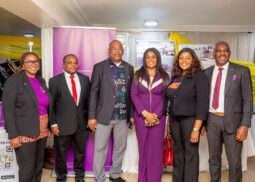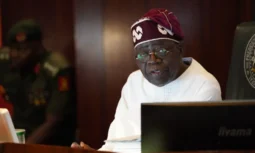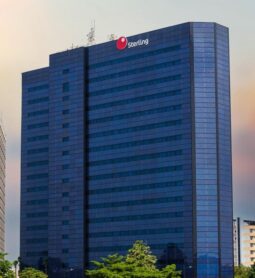Labour Party 2023 presidential candidate, Peter Obi has said the rate at which President Bola Tinbu has continued to borrow is sinking the Nigerian economy further into trouble.
‘While the year-on-year increase is about N27.72 trillion and the quarter-on-quarter increase is about N4.72 trillion, we are accumulating very exponential levels of unsustainable debt with little or nothing to show for it in critical areas such as education, healthcare, electricity generation, security of lives and property, and pulling people out of poverty’.
Peter Obi, via his X handle, said the borrowings are unsustainable and have no impact on the economy.
‘On July 22, 2025, the Nigerian Senate approved an additional $21 billion, €2.2 billion, ¥15 billion of external borrowing for the 2025–2026 fiscal cycle. It also approved a N750.98 billion domestic bond issuance and a €65 65million grant. With an already existing public debt of about N149.39 trillion as at the first quarter of 2025, adding the approved loans of about N37.2 trillion) brings our current total debt to about N187 trillion, with concerns that our debt might likely be over N200 trillion by the end of 2025’.
‘As our GDP before rebasing was about N269.2 trillion (about $180 billion), the government has borrowed the equivalent of nearly 70% of our previous GDP. Even after the rebasing, which pushed our GDP to about N372.8 trillion (about $243. 7billion), the government would have borrowed about 50.16 % of the new GDP (with the approved loans), the highest debt-to-GDP ratio in our history as a nation’.
‘Today, over two years after the present government took over and with all the humongous borrowing, we are still confronted with negative reports of worsening poverty with about 133 million (63%) Nigerians classified as multi-dimensionally poor, increasing unemployment and disheartening news like 652 children dead as the malnutrition crisis worsens in Northern Nigeria’.
‘This is a country blessed with enormous resources, yet nobody should go to bed hungry. Still, a persistent deficiency in leadership has thrown the majority of our citizens into increasing multi-dimensional poverty’.
‘Borrowing is not inherently bad if it is sustainable and tied to productive investments with measurable outcomes. Unfortunately, this current pattern of borrowing without accountability, without transparency, and transformational impact is simply mortgaging the future of our children. The government should consider the inter-generational consequences of its unsustainable borrowings and show at least a minimum consideration and interest in the future of young and unborn Nigerians’.
‘It is time to stop this fiscal indiscipline. We must build a New Nigeria, where leadership is responsible, development is people-centred, and every kobo borrowed or spent delivers a measurable impact to achieve sustainable and inclusive development and growth’.







